As the Moderna vaccine started rolling along U.S. highways on Sunday, Americans aged 75 and older along with essential workers including police, firefighters, teachers and grocery clerks were placed next in line to get their shots.
That’s the recommendation from the CDC’s Advisory Committee on Immunization Practices, which voted Sunday to designate people 75 and older, as well as certain front-line workers next for the COVID-19 vaccine.
Joining first responders, teachers and school staff are workers in food and agriculture, manufacturing and corrections, U.S. Postal Service workers, public transit and grocery store workers.
The United Food and Commercial Workers International Union applauded the vote to focus on essential workers and older Americans for the next round of COVID-19 vaccine distribution.
“Protecting our country’s food workers is essential to keeping our communities safe and stopping future outbreaks in these high-exposure workplaces,” UFCW International President Marc Perrone said in a statement. “CDC Director (Robert) Redfield must recognize the vital role these essential workers serve by ensuring that they are among the first to receive access to the COVID-19 vaccine.”
The Centers for Disease Control and Prevention committee also voted that behind those groups should be other essential workers; people ages 65 to 74; and those aged 16 to 64 who have certain medical conditions that put them at higher risk for severe disease if they get infected with COVID-19.
Pfizer’s shots were first shipped out a week ago and started being used the next day. On Sunday, the Moderna vaccine started getting shipped across the country, and the first doses are expected to be given out Monday.
Dr. Saul Weingart, chief medical officer at Tufts Medical Center, on Sunday said they were “eagerly anticipating” the arrival of the Moderna vaccine.
One major difference between the Pfizer and Moderna vaccine is the Moderna version is stable at refrigerator temperatures for up to 30 days after thawing.
The Moderna vaccine will be easier to administer because it doesn’t need to be defrosted, Weingart said. It will also help the hospital distribute the vaccine to satellite locations, such as community-based practice sites.
“And for the state, it will give them the flexibility to get the vaccine to places without ultra-cold storage,” he added.
The Moderna vaccine will “profoundly influence” the vaccine rollout across the country, said William Schaffner, a Vanderbilt University infectious diseases expert.
“The vaccine will get even closer to the people,” he said. “With the limited locations of the Pfizer vaccine, you bring the people to the vaccine. Now with Moderna, you can bring the vaccine to the people.”
Herald wire services were used in this report.
___
(c)2020 the Boston Herald
Visit the Boston Herald at www.bostonherald.com
Distributed by Tribune Content Agency, LLC.
—-
This content is published through a licensing agreement with Acquire Media using its NewsEdge technology.



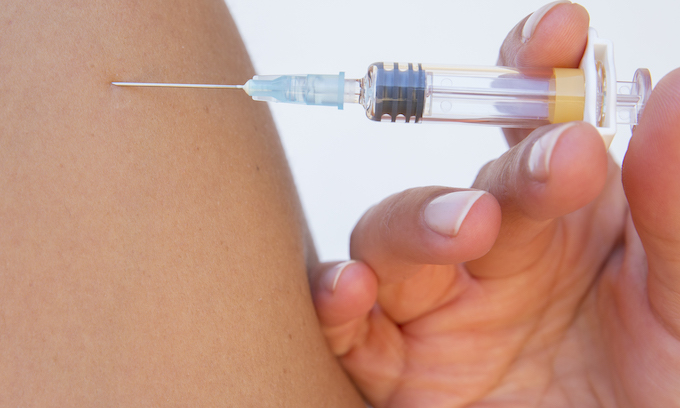
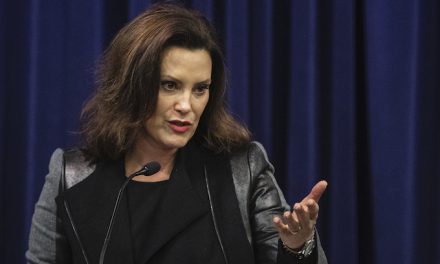
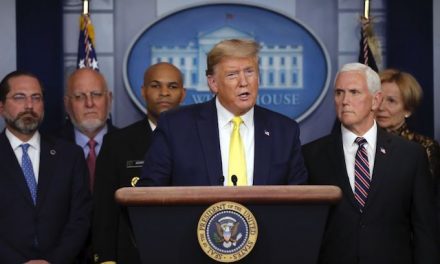
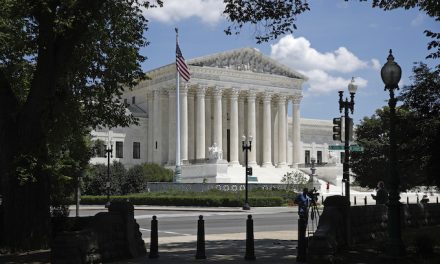







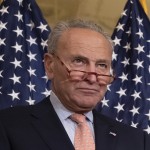




“Essential workers”? Those that have lost their jobs, are not “essential workers”. So the politicians in essence, state that the businesses they shut down, are not “essential”? So in other words, let those who lost their jobs, due to the politicians, starve to death and have them thrown out of their apartments, homes or condos. Death to Americans, not due to corona virus, is fine with the politicians, since the politicians are responsible for these non -covid deaths.
TO THEM yes, workers are unessential. CAUSE WORKERS most likely vote conservative.
I agree with doctor and seniors over 75 getting the shots first. But making children wait until criminals in jail and prisons get the shot is wrong. we need our children back in school. Let me ask you this who are people in jail and prisons ???mmm.!!! Robbers ,rapists, murders,etc. Call me crazy but I care more about children than rapist and murders. I don’t care what race a child us, a child is a child.